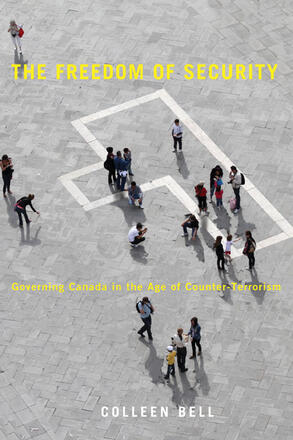
The Freedom of Security
Governing Canada in the Age of Counter-Terrorism
An important, highly critical study of Canada’s “war on terror. ”
La description
Post-9/11 security measures have sparked fears that the West is violating the very civil rights it strives to protect. Debates centre on the United States, but how have the politics of security influenced the commitment to freedom in other liberal democracies? Addressing security certificates to the war in Afghanistan to the detainment of Abdullah Almalki, Colleen Bell’s wide-ranging analysis demonstrates that Canada’s counter-terrorism practices are not a departure from liberal governance but rather a reconfiguration of its structures with an emphasis on security. She traces how the logic and practices of security are increasingly coming to define our rights and freedoms.
Reviews
[Bell] pursues her thinking uncompromisingly and shares her research with an eloquence rare in academic treatises . .. she invites us to think anew about an important aspect of contemporary political life. Security practices are now so imbedded in our ideas of freedom that we are unable to disengage from them. We are no longer able to fully appreciate how security intrudes in our lives as we travel, play, work or participate in the political process . .. by forcing us to confront these unattractive facts and to recognize just how insidious security has become, Bell does her readers a considerable service.
- Nathalie Des Rosiers